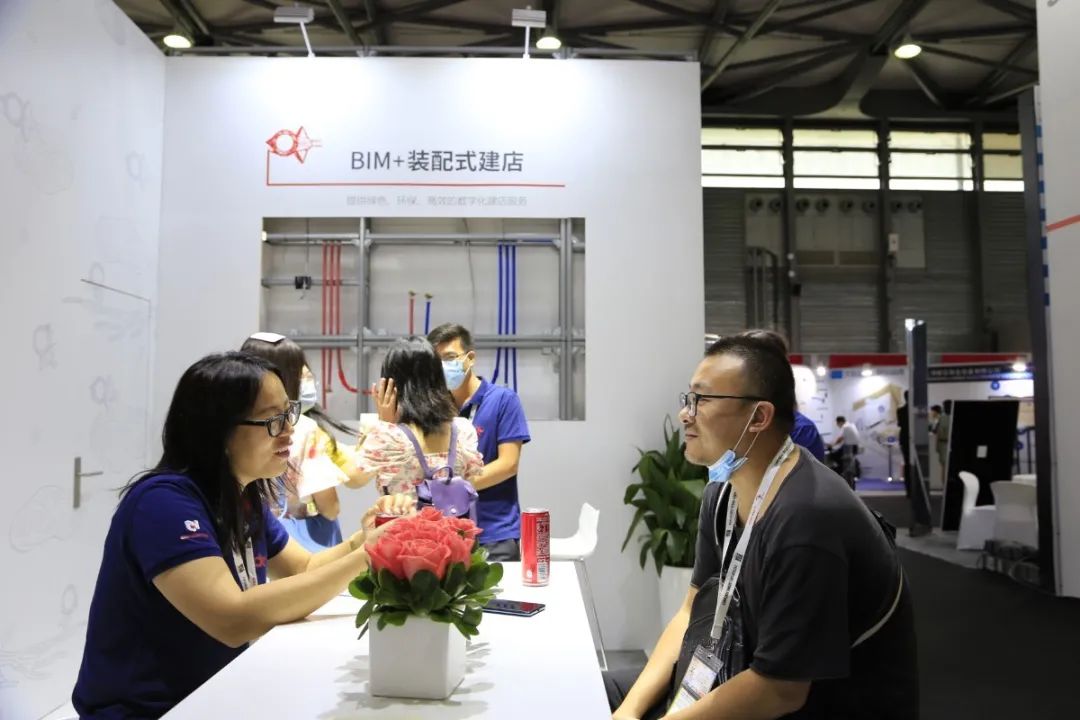Aug . 08, 2024 13:30 Back to list
Innovative Retail Solutions Driving Efficiency and Enhancing Customer Experience Through Advanced Technology Integration
The Rise of Smart Retail Technology Revolutionizing the Shopping Experience
In recent years, the retail industry has undergone a significant transformation, driven primarily by the rapid advancement of technology. Among the various innovations reshaping the sector, smart retail technology stands out as a game changer, creating new opportunities for retailers and enhancing the shopping experience for consumers. This article explores the key components of smart retail technology, its benefits, and the potential challenges it poses.
Smart retail technology refers to the integration of advanced technologies such as artificial intelligence (AI), the Internet of Things (IoT), augmented reality (AR), and big data analytics into the retail environment. These technologies are enabling retailers to gain deeper insights into customer behavior, streamline operations, and personalize the shopping experience.
One of the most notable applications of smart retail technology is the use of AI and machine learning algorithms to analyze consumer data. Retailers can now collect vast amounts of data from various sources, including online purchases, in-store interactions, and social media engagement. By leveraging this data, retailers can predict trends, optimize inventory management, and create targeted marketing strategies that resonate with specific customer segments.
Additionally, IoT devices are playing a crucial role in enhancing the efficiency of retail operations. Smart shelves equipped with sensors can monitor stock levels in real time, alerting staff when items need to be restocked. This automation not only reduces the chances of stockouts but also frees up employees to focus on higher-value tasks such as customer engagement. Furthermore, smart carts and checkout systems facilitate a seamless shopping experience by enabling cashless transactions and reducing wait times at the checkout counter.
smart retail technology

Another exciting development in the realm of smart retail technology is the incorporation of augmented reality. AR applications allow customers to visualize products in their own spaces before making a purchase. Furniture retailers, for instance, are using AR apps that enable customers to see how a piece of furniture would look in their home, thereby increasing confidence in their purchase decisions. This interactive experience not only enhances customer satisfaction but also drives sales.
The benefits of adopting smart retail technology are substantial. Retailers that embrace these innovations often experience increased operational efficiency, improved customer loyalty, and enhanced sales performance. By delivering personalized experiences and convenience, businesses can foster deeper connections with their customers, ultimately leading to higher retention rates and brand loyalty.
However, the integration of smart retail technology is not without its challenges. Data privacy and security concerns are paramount, especially as retailers gather more information about their customers. Striking a balance between personalized marketing and protecting consumer privacy will be critical for retailers moving forward. Additionally, the initial investment in smart technologies can be significant, which may deter some smaller retailers from adopting these solutions.
Moreover, the rapid pace of technological change requires retailers to stay agile and continuously adapt to new advancements. This not only involves financial investment but also training staff to effectively utilize new systems and technologies. Retailers must be prepared to invest in continuous learning and development to keep up with the evolving landscape.
In conclusion, smart retail technology is revolutionizing the shopping experience by leveraging advanced tools to enhance customer engagement and streamline operations. While the benefits are profound, retailers must navigate the associated challenges carefully. As technology continues to evolve, retailers that embrace these innovations will be well-positioned to thrive in an increasingly competitive landscape, ultimately creating a more engaging and efficient shopping experience for consumers. The future of retail is undoubtedly smart, and it holds promising possibilities for both retailers and consumers alike.
-
The Benefits of Electronic Shelf Labels for Modern Stores
NewsJul.01,2025
-
Space-Saving Retail Store Furniture Designs for Small Shops
NewsJul.01,2025
-
Slatwall vs. Gridwall: Which Store Fixture is Right for Your Business?
NewsJul.01,2025
-
Shop Fittings: Essential Elements for a Functional Retail Space
NewsJul.01,2025
-
How to Design a Minimalist Cosmetic Shop Display
NewsJul.01,2025
-
Creative Clothes Shop Display Ideas to Attract More Customers
NewsJul.01,2025


















































































































